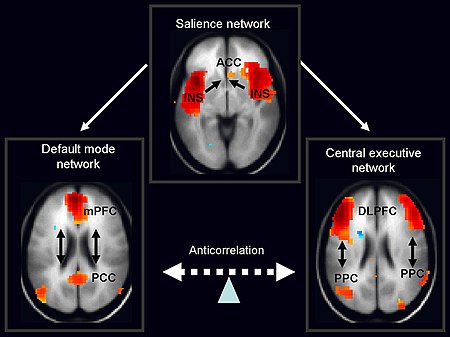Alzheimer’s disease causes states of mental confusion of various types. Now it is thought that music can help bring back clarity, even if only briefly.
Music can guide, motivate and move us. According to recent research, Alzheimer’s desease cannot erase our musical memory – and it’s due to something called Autonomous Sensory Meridian Response (ASMR), or the “tingling” sensation caused by listen to music.
A study published in the Journal of Alzheimer’s Disease in 2018 showed which parts of the brain are responsible for ASMR and how they are not affected by Alzheimer’s or dementia.
To avoid any misunderstanding, music is not a complete cure for Alzheimer’s disease, but it may make symptoms more manageable for some people. The more we learn about the response of ASMR and Alzheimer’s as a whole, the easier it will be to use music therapy or other similar therapies more effectively. If you know someone who has been affected by a form of dementia, then you know how heartbreaking it can be to see them lose themselves.
About these findings, the Health University of Utah wrote the following on its website:
“People with dementia are confronted by a world that is unfamiliar to them, which causes disorientation and anxiety,” said Jeff Anderson, MD, PhD, associate professor in Radiology at U of U Health and contributing author on the study. “We believe music will tap into the salience network of the brain that is still relatively functioning.”

Previous research had shown the effect of a personalized music program on mood for patients with dementia. This study has begun to examine a mechanism that activates the attention network in the salient region of the brain. The results offer a new way of dealing with anxiety, depression and agitation in patients with dementia. Activation of nearby brain regions can also offer opportunities to delay the continued decline caused by the disease.
For three weeks, researchers helped participants select meaningful songs and trained the patient and his assistants to use a portable media player loaded with a personalized music collection.
“When you put headphones on dementia patients and play familiar music, they come alive,” said Jace King, a graduate student in the Brain Network Lab and first author on the paper. “Music is like an anchor, grounding the patient back in reality.”
Using magnetic resonance imaging, the researchers scanned patients to map regions of the brain that were activated by listening to 20-second music clips. The patients were asked listen to eight clips from their music collections, then eight clips of the same music played backwards and eight blocks of silence. Finally, the researchers compared the images of each scan and were able to see that the music activates the brain, making entire regions communicate: listening to a personal soundtrack, the visual network, the salience network, the executive network and the cerebellar and corticocerebellar pairs showed significantly higher functional connectivity.
This is objective evidence from brain imaging that shows personally meaningful music is an alternative route for communicating with patients who have Alzheimer’s disease,” said Norman Foster, MD, Director of the Center for Alzheimer’s Care and Imaging Research at U of U Health and senior author on the paper. “Language and visual memory pathways are damaged early as the disease progresses, but personalized music programs can activate the brain, especially for patients who are losing contact with their environment.”
Music may be the key to something we don’t yet see.
Sources:










